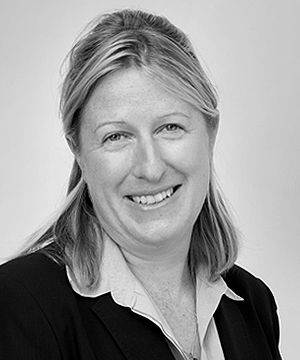Successful Cauda Equina claim against Royal Surrey NHS Foundation Trust for serious neurological injuries
We have settled a claim for a man in his fifties who suffered avoidable neurological injuries following a delay in diagnosis and treatment of Cauda Equina Syndrome in 2019. The claim settled for a six figure sum.
Our client attended A&E at the Royal Surrey County Hospital and despite having ‘red flag’ symptoms of Cauda Equina Syndrome, including chronic back pain, sciatic pain down both legs, difficulty urinating, and loss of sensation in his buttocks and genitals, he was discharged home and advised to contact his GP to arrange a non-urgent MRI scan. His symptoms progressed at home and he was taken to Frimley Park Hospital the following afternoon by ambulance. Almost immediately upon his arrival he was suspected of having Cauda Equina Syndrome – this is compression of the Cauda Equina nerves in the back which, if left untreated, may result in permanent neurological injuries such as bladder and bowel incontinence and sexual dysfunction. An urgent MRI was requested and performed which confirmed the diagnosis and our client was transferred to St George’s Hospital for urgent decompression surgery. As 48 hours had passed since the compression had started, he was left with long-term symptoms of Cauda Equina Syndrome, including neuropathic pain, sexual dysfunction and bladder and bowel issues. These symptoms adversely impacted his mental health and meant he had to give up his job as a tree surgeon.
After he approached us, it was apparent that he had received negligent care and he should not have been discharged home given his ‘red flag’ symptoms of Cauda Equina Syndrome. Following a detailed review of his medical records, we instructed both an A&E expert and a neurosurgical expert who confirmed the care our client had received was substandard. Had he had an earlier MRI scan and earlier decompression surgery, he would have made a complete recovery. In light of this evidence, a pre-action letter was sent to the Royal Surrey NHS Foundation Trust. The case presented was that the A&E doctor should have obtained further details about our client’s ability to pass urine (ie he should have been asked if he had sensation when passing urine and if there were any concerns about urine flow), a post void bladder scan should have been carried out and he should have been referred for an urgent MRI scan that day. This would have shown Cauda Equina compression and would have resulted in decompression surgery taking place that evening, or at the latest, by first thing the following day. With surgery 36 hours earlier, he would have avoided all of the neurological symptoms he continues to experience. A response was received from the trust nine months later which denied the claim in full.
The letter of response confirmed that at the time the A&E doctors at the Royal Surrey County Hospital were unable to directly refer patients for urgent MRI scans without first involving the orthopaedic team. We therefore instructed an orthopaedic expert who confirmed that if the orthopaedic team had been involved, the timing of the orthopaedic review and subsequent MRI scan would still have resulted in decompression surgery taking place during the evening when our client first presented, and at the very latest, by first thing the following day. Given the three experts involved remained supportive of the claim at that stage, steps were taken to value the claim with a view to making a settlement offer. This involved the instruction of a urology expert, a colorectal expert, and a psychiatry expert. Each expert confirmed that the alleged negligence was, in their view, the cause of our client’s ongoing injuries, and they also commented on the likely longevity of his symptoms, together with various treatment recommendations.
Due to limitation approaching, court proceedings were issued. The Royal Surrey NHS Foundation Trust served a defence which continued to deny the claim in full. This was disappointing for our client.
Shortly after receipt of the defence, we were able to finalise the valuation of his claim and an offer was made to the trust. This was rejected but a counter-offer of a six figure sum was made fairly promptly afterwards and was accepted by our client. While no amount of compensation will turn back the clock, these funds will help him manage his symptoms and obtain private treatment where necessary.
 Return to case studies
Return to case studies





